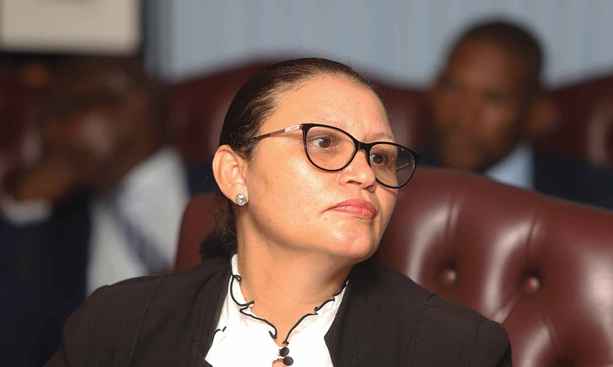In a debate between Omphile Sehurutshe of the Eye and Hon Minister Anna Mokgethi and Dr. Kgalemang, he repeatedly asked the question – why is Botswana in a GBV crisis now, what has changed? The discussion ended without a satisfactory answer to fill the void that irked him! I acknowledge that both ladies were on point about the role that cultural norms and values play in fueling the GBV wild fire that Botswana is experiencing. Both hung on to that line of argument in explaining the basis of the crisis while Sehurutshe wouldn’t budge as to, why is the situation worse now! I shared his paradox since cultural norms and values always underpinned social interactions in Botswana and elsewhere, and glaringly so for men and women than other social groups. In trying to respond to Sehurutshe’s question I will use a sociological perspective. In this perspective one belief would be that, a broader social change happened too quickly eroding cultural norms and values that sanction fair and acceptable practices protecting men and women in their daily interactions. One of the roles of culture is social preservation and stability. A mix up in the value system chain is associated with disruption in social order. In this case, it manifested as social annihilation through violence and abuse/killings of women inversely resulting in men’s incarceration and homicides and many more social ills. So, a GBV crisis was actually a time bomb waiting to happen in Botswana and the COVID 19 Pandemic just tipped the scales. Can you imagine being in each other’s’ faces entire days and nights for weeks with each holding principles that challenge the other person’s to the core!
Using this analysis, one may wonder if social transformation is not a good thing and a sign of social development. We must know that transformation alters current realities or replaces them with new ones. And, a social reality is simply a social construction, i.e. an ideal perceived and reinforced over time by society. Then it is endorsed through practice, and if unquestioned it persists when practiced in everyday life. Thus, realities become legitimate or acceptable behavior norms! So, let’s think seriously about what changed in women’s and men’s behaviours in our nation over time and how that occurred. You may agree that, much has changed for women than for men and that happened pretty fast. While men mainly carried out their traditional roles women mainly changed. Do you believe that this change was sincerely allowed by all, that is, was a space created for transformation permitting women to adopt alternative behaviours? This is the first point of contention for the gender equality struggle. I am saying, in essence society changed rapidly at the displeasure of society itself. It doesn’t matter, laws and policies were made as mechanisms for enforcing aspirations of the new social order. But, this was antagonistic to the social mind set of Batswana. Simply put, policies and laws promoting gender equality were developed while the foundational cultural norms and value systems were static or rather distorted, causing ubiquitous animosity between women and men. Deliberate efforts for cultural shifts rather than unmanaged cultural diffusion together with supportive laws and policies are critical for harmonious change. If one is absent the scales inescapably tip and an explosion happens. Our gender dynamics are a clear indication of this factor! People are loudly screaming against gender equality because they are not mentally ready for such social order!
Way forward: 1. Know that the individual and society are co-existing entities that perpetually engage within all social structures; 2. Use regulation (law and policy) in tandem with efforts shifting existing social value systems in creating a new order. I can bet many people do not know why gender equality is good for everyone! Then, people’s attitudes on men and women’s interactions and how each party views this interaction will change. This is awareness creation + action. Action means long term behaviour change interventions – systematically packaged and collective actions- for individual, interpersonal/relational (families), community/institutions and society levels. Down with the rhetoric!
Dr. Tinaye Mmusi – Founder & CEO, Consortium of Leadership & Gender Experts (CLGE)SEE ALSO:
A sociological perspective to a COVID 19 crisis!
